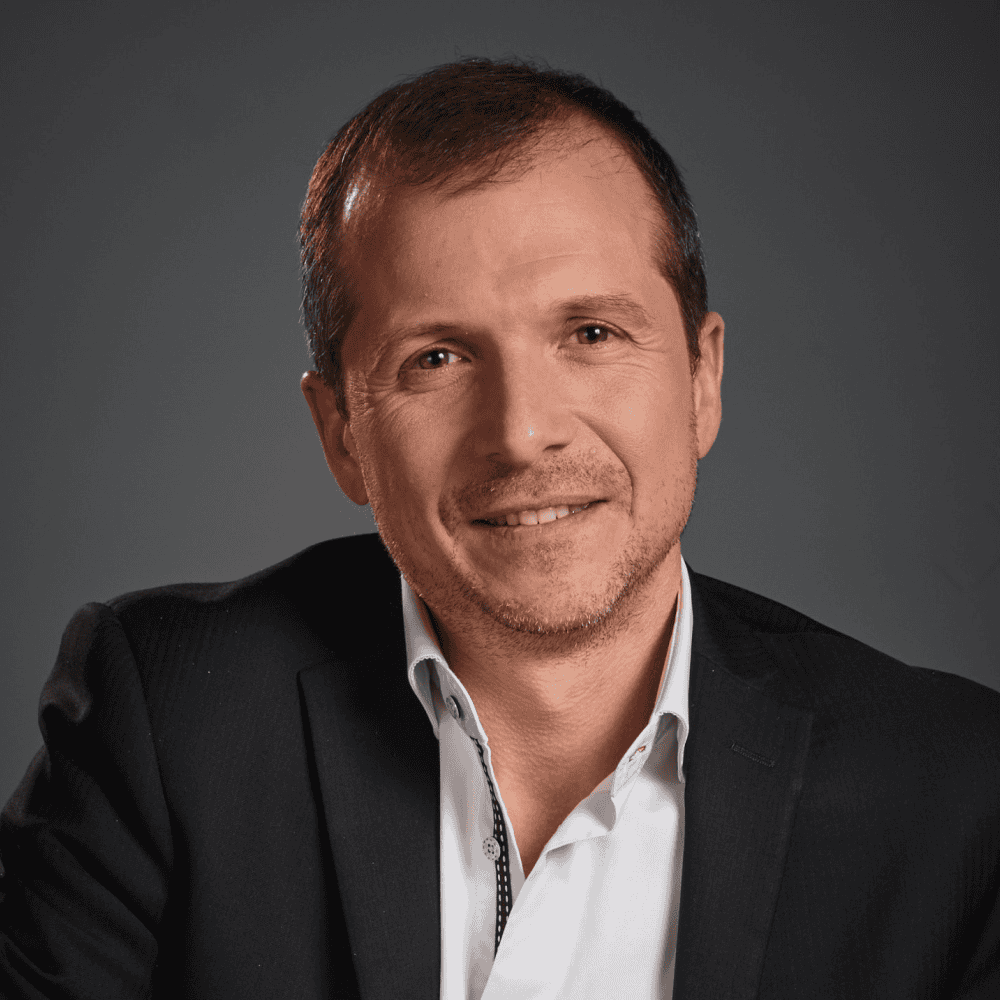Discover key insights from Jean-Philippe Balança's speech at the EU Open Source Policy Summit: bold action for EU open-source innovation and digital sovereignty.
The open source deal: from fragmentation to action
The European open-source industry remains fragmented. If it is to grow and thrive, building strong integration champions is essential. And achieving this requires substantial investment. Injecting capital into open-source players will fuel innovation, create jobs, and strengthen Europe’s technological sovereignty.
Looking at the success of Airbus provides a lesson. Such an achievement was not built on goodwill alone. It was not the result of PowerPoint slides, memos, or isolated R&D projects. It was built through real demand—through orders placed at the right price, enabling the recruitment of top engineers, the construction of factories, and the development of robust logistics.
- The open-source industry does not need subsidies, grants, or temporary financial support. What is needed are real, ambitious, large-scale projects. IT procurement decisions must reflect this vision.
- Why continue spending millions on proprietary software, especially from non-European technology giants? Instead, invest in European open-source companies.
- One way to free up budget is to cut proprietary vendor licenses and replace them with open-source alternatives. For example, organizations can transition away from costly Oracle database licenses or move from Microsoft Workplace to open-source workplace solutions.
- It is time to push back against the dominance of major tech corporations. Eliminating reliance on Meta, Microsoft, Google, and AWS is not only feasible—it is necessary. Shouldn’t we ban related lobbyists from
- Instead, the European open-source industry should be at the table, designing a five-year roadmap to scale. This initiative, called The European Open Source Deal, provides a concrete framework for execution: defining system targets, growing teams, developing skills, and advancing technology. This must happen now—not in 2030, not in two years, but in 2025, starting in Q1.
Policymakers and enterprise leaders must take action. The European Open Source Consortium is ready to operate this transition.
Open source innovation: from idea to impact
Europe must embrace a new approach to innovation—one that results in tangible, useful projects, not just theoretical R&D exercises. Too often, funding is allocated to initiatives that ultimately have no impact.
The open-source industry cannot afford stagnation. It must lead in AI and other transformative technologies. This requires not just policy adjustments but a fundamental shift in mindset and investment strategy.
A defining moment for European open source
This is not just a policy shift; it is a fundamental transformation of Europe’s economic model and industry.
The open-source sector is already delivering for private corporations and national governments. Now is the time to expand and accelerate. By staying true to the core values of open source—transparency, collaboration, and collective progress—this transformation can be achieved.
The moment for hesitation has passed. It is time to launch the Open Source New Deal and execute it now.
Europe has an opportunity to lead. By making the right decisions today, it can secure digital sovereignty, strengthen its economy, and drive meaningful innovation.
Now is the time for bold action.
Want to learn more or take part in the discussion? Contact us or watch the replay of Jean-Philippe Balança’s speech at the EU Open Source Policy Summit to see how open source can shape Europe’s digital future.


